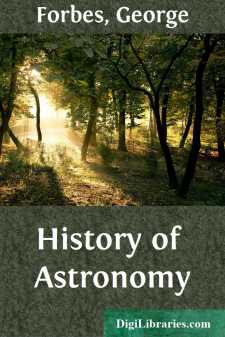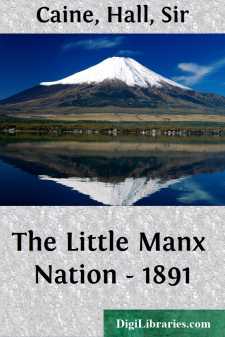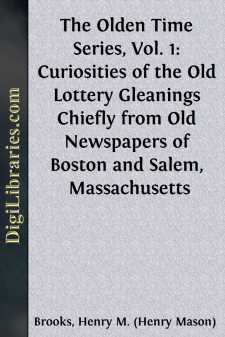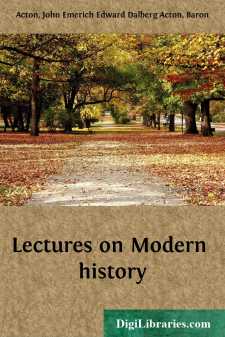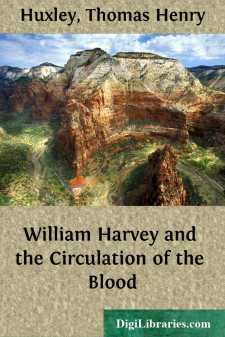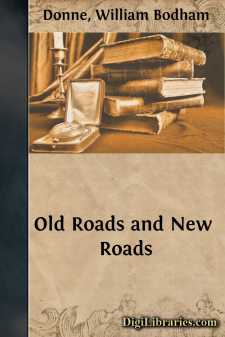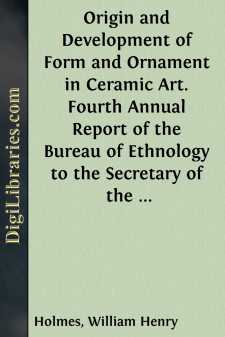History
- Africa 30
- Americas (North Central South West Indies) 50
- Ancient 68
- Asia 58
- Australia & New Zealand 8
- Canada 41
- Caribbean & West Indies 1
- Civilization 20
- Eastern Europe 12
- Europe 310
- Expeditions & Discoveries 60
- General
- Historical Geography 1
- Jewish 9
- Latin America 3
- Medieval 8
- Middle East 13
- Military 248
- Revolutionary 8
- Study & Teaching 5
- United States 353
- Western Europe 56
- World 13
General Books
Sort by:
by:
George Forbes
1. PRIMITIVE ASTRONOMY AND ASTROLOGY. The growth of intelligence in the human race has its counterpart in that of the individual, especially in the earliest stages. Intellectual activity and the development of reasoning powers are in both cases based upon the accumulation of experiences, and on the comparison, classification, arrangement, and nomenclature of these experiences. During the infancy of...
more...
THE FIRST REMOVE Now away we must go with those barbarous creatures, with our bodies wounded and bleeding, and our hearts no less than our bodies. About a mile we went that night, up upon a hill within sight of the town, where they intended to lodge. There was hard by a vacant house (deserted by the English before, for fear of the Indians). I asked them whether I might not lodge in the house that...
more...
SAMUEL ELIOT History of the United States Samuel Eliot, a historian and educator, was born in Boston in 1821, graduated at Harvard in 1839, was engaged in business for two years, and then travelled and studied abroad for four years more. On his return, he took up tutoring and gave gratuitous instruction to classes of young workingmen. He became professor of history and political science in Trinity...
more...
by:
Hall Caine
THE STORY OF THE MANX KINGS There are just two ideas which are associated in the popular imagination with the first thought of the Isle of Man. The one is that Manxmen have three legs, and the other that Manx cats have no tails. But whatever the popular conception, or misconception, of Man and its people, I shall assume that what you ask from me is that simple knowledge of simple things which has come...
more...
INTRODUCTION. While this work does not pretend to be a history, it will yet present many historical facts. Its object is to show from old newspapers, which are not accessible to all, such items and comments upon a variety of subjects as might be supposed to amuse or instruct both old and young. It is not the easy thing that many imagine to examine, read, and select from a vast number of newspapers such...
more...
INAUGURAL LECTURE ON THE STUDY OF HISTORY Delivered at Cambridge, June 1895 FELLOW STUDENTS—I look back today to a time before the middle of the century, when I was reading at Edinburgh and fervently wishing to come to this University. At three colleges I applied for admission, and, as things then were, I was refused by all. Here, from the first, I vainly fixed my hopes, and here, in a happier hour,...
more...
I DESIRE this evening to give you some account of the life and labours of a very noble Englishman—William Harvey. William Harvey was born in the year 1578, and as he lived until the year 1657, he very nearly attained the age of 80. He was the son of a small landowner in Kent, who was sufficiently wealthy to send this, his eldest son, to the University of Cambridge; while he embarked the others in...
more...
Gentle Reader, If you look to move through this little volume in a direct line, after the present fashion of Railway Travelling, you will be signally disappointed. Nothing can well be more circuitous than the route proposed to you, nor more eccentric than your present guide. This book aspires to the precision of neither Patterson nor Bradshaw. Let men “bloody with spurring, fiery hot with...
more...
INTRODUCTORY. For the investigation of art in its early stages and in its widest sense—there is probably no fairer field than that afforded by aboriginal America, ancient and modern. At the period of discovery, art at a number of places on the American continent seems to have been developing surely and steadily, through the force of the innate genius of the race, and the more advanced nations were...
more...
by:
Rafael Sabatini
PREFACE In approaching "The Historical Nights' Entertainment" I set myself the task of reconstructing, in the fullest possible detail and with all the colour available from surviving records, a group of more or less famous events. I would select for my purpose those which were in themselves bizarre and resulting from the interplay of human passions, and whilst relating each of these events...
more...


